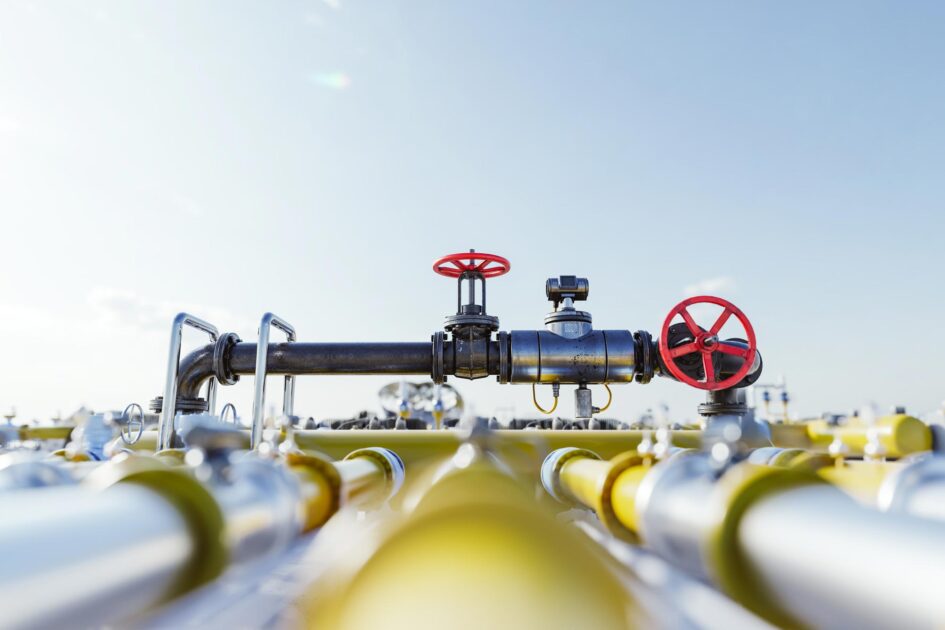Permitting Reform Has the Power to Save Lives

Between severe weather and growing demand, there is no shortage of challenges facing America’s energy system. Natural gas utilities are well equipped to rise to the occasion and our nation boasts more than 100 years of recoverable natural gas supply to meet rising demand. However, in recent years it has become clear that there is still a constraint on our energy system that is hindering progress delaying projects to improve and expand energy deliverability to a growing customer base – America’s byzantine permitting process.
Despite the need for expanded access to the safe, reliable, and affordable energy that natural gas provides, the cumbersome and archaic process by which new projects are approved adds senseless delays to developing infrastructure that provides essential fuel to communities.
What does this mean? Let’s take a look at the Northeast region during extreme winter storms as a case study. During peak demand (often in the harsh winters), natural gas can supply as much as 81% of the energy consumed in the Northeast. In December 2022, Winter Storm Elliott brought blizzards, dangerously high winds, and record cold temperatures all up and down the Northeastern coast.
New York City was hit particularly hard, and, as you might expect, being the largest city in the United States with more than 23 million residents, it consumed colossal amounts of energy. Keeping all those homes safely warm during a historic storm meant that the demand for natural gas jumped dramatically. The stress on the system, combined with production declines due to disruptions in the flow of gas molecules from freezing water in the extraction system almost caused critically low pressures in the delivery system. Had this occurred, service would have been lost in an emergency that would have required weeks or even months of recovery time, leaving thousands of customers without heat during an extreme cold event. Thankfully, smart planning by local utilities saved the day, but how do we prepare for the next “once in a lifetime storm?”
The answer is to build more infrastructure and to build it now. Pipelines that would connect New England and the rest of the Northeast to the rest of the country’s pipeline system would help prevent the region from approaching such critical stress again. Reforms that would streamline the permitting process and prevent endless judicial delays could be a game-changer for delivering the energy capacity our nation needs in the natural gas industry and across the energy spectrum.
Demand for affordable, safe and reliable energy is rapidly expanding. We need a permitting system that reflects today’s energy realities – one that enables the timely construction of critical infrastructure to fuel our homes and businesses, deliver on economic growth, safeguard public health and protect communities when they need it most.